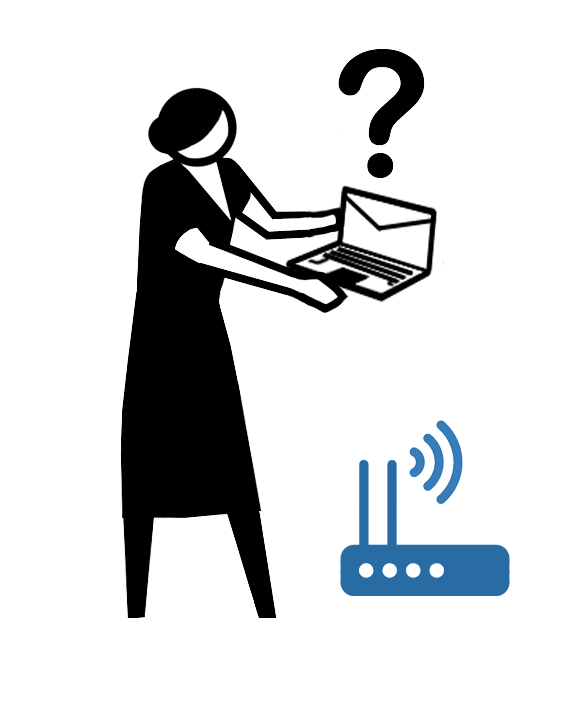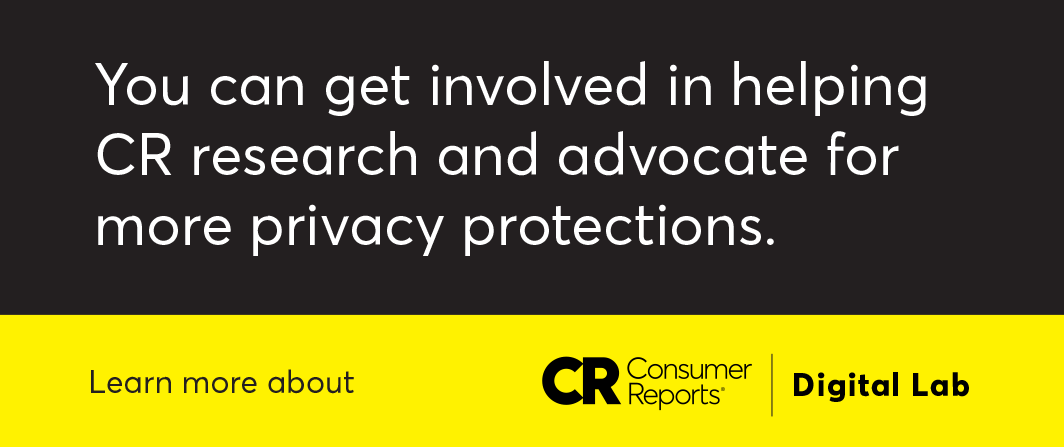Welcome to the age of ordinary objects that stealthily spy on us—from inside our cars, our homes, and our offices. That smartphone game you play in a waiting room, the mobile app that gives you a weather forecast, the photo you share with online friends—all have the ability to reveal intimate details about your life. Our increasingly digital world has created mountains of data, and there are precious few laws to safeguard the information.
But that doesn't mean you can't protect yourself. According to one of three nationally representative Consumer Reports surveys that guided this special report, 60 percent of Americans now bar mobile apps from accessing the camera, GPS data, and contact list on their phones. And half protect their online accounts with two-factor authentication.*
In the stories below, we'll provide you with more ways to protect your personal data and we'll answer key privacy questions about technologies from smart speakers to fitness trackers. Here's how to take charge of your digital domain.
















*Source: June 2019 Consumer Reports nationally representative survey of 1,004 U.S. adults. These questions were answered by those for whom each method was applicable.
















